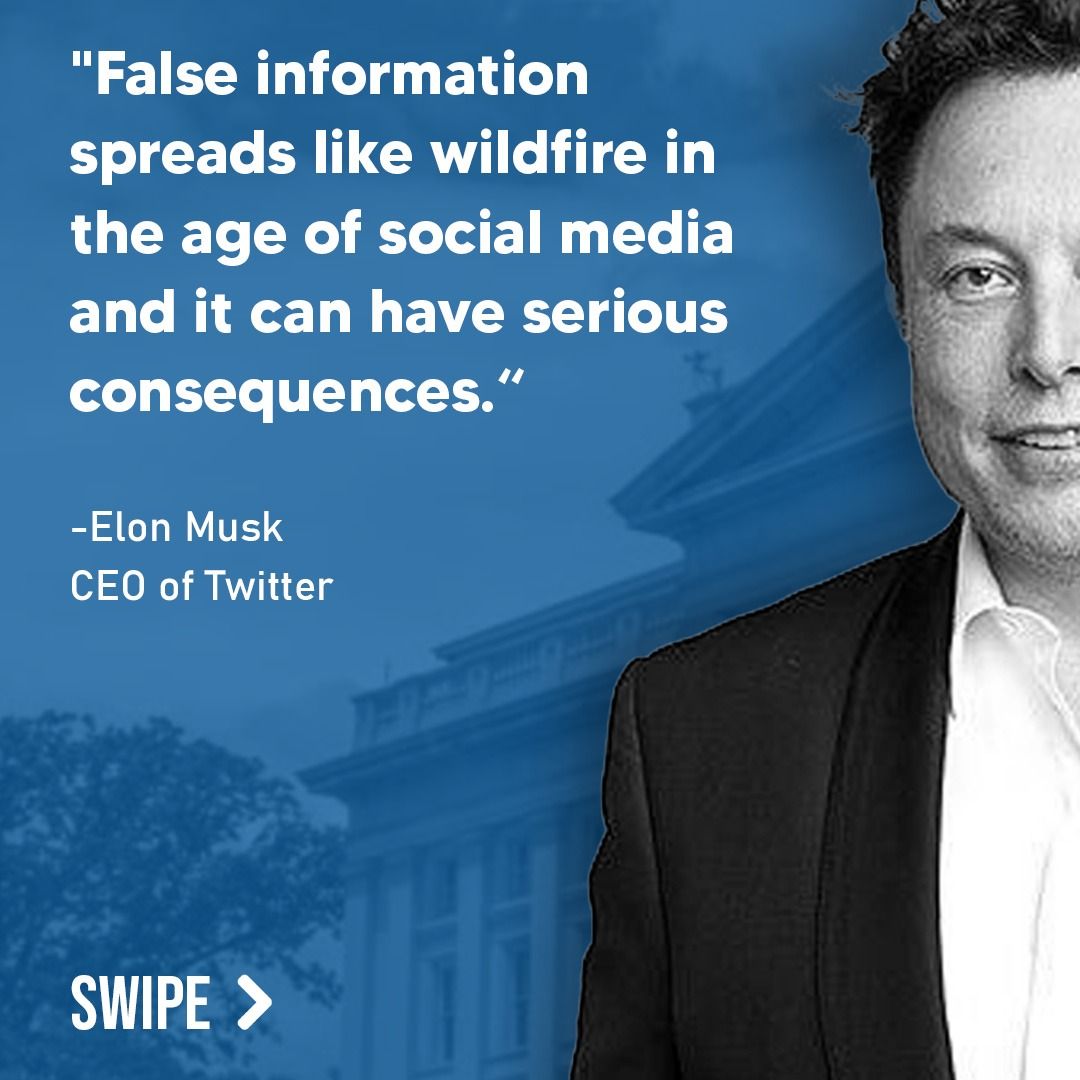“`html
Fact Check Analysis: Trump Signs Order for U.S. Withdrawal from the Paris Climate Agreement
A DBUNK subscriber submitted this article for a thorough fact-checking analysis, highlighting their concern over its accuracy and its potential to influence public opinion. As misinformation continues to disrupt society, DBUNK empowers users by debunking falsehoods and validating the truth. Download our app to submit your own fact-check requests and stay engaged with accurate reporting. The original article can be found here.
Fact Check Overview
The article, published by the Associated Press (AP) and written by Matthew Daly and Seth Borenstein, focuses on Donald Trump’s executive action to withdraw the United States from the Paris Climate Agreement for a second time. While the AP generally adheres to high journalistic standards, our investigation uncovered instances of bias, missing context, and potentially misleading information that warrant further scrutiny.

Misinformation and Analysis
Claim 1: The article presents Trump’s statement that the Paris Climate Agreement “steers American taxpayer dollars to countries that do not require, or merit, financial assistance in the interests of the American people.”
Analysis: This claim misrepresents the Paris Agreement. The accord itself does not mandate financial contributions from the United States to other nations; financial contributions, such as through the Green Climate Fund, are voluntary and aim to support climate adaptation and mitigation efforts in developing nations. The statement plays into a common misconception about the agreement, implying a financial obligation where none exists. By failing to clarify this, the article allows a misleading narrative to persist for readers less familiar with international policy frameworks.
Missing Context
Issue: The article omits key context regarding the U.S.’s role in global climate leadership and economic benefits of staying in the Paris Agreement.
Details: The article briefly alludes to global clean energy investments and economic momentum but fails to provide a holistic view of how staying aligned with the Paris Agreement could bolster U.S. economic growth in clean energy sectors. For example, the International Energy Agency estimates that clean energy investments could triple to $2 trillion by 2035. By leaving out America’s potential to capitalize on these shifts, the article misses an opportunity to provide a balanced argument. Including this context would also help address Trump’s justification rooted in “U.S. values.”

Language Bias
Observation: Certain language in the article, such as “shocked and angered nations across the globe” and “cripple future presidents’ efforts,” carries a tone that may come across as subjective or opinionated, potentially affecting the neutrality of the piece.
Impact: Though written by seasoned journalists, these choices risk being construed as partisan. Balanced reporting should prioritize neutral language. For instance, rather than “cripple efforts,” the article could have objectively stated how this withdrawal may “introduce challenges for future climate policies.”

Subscribers’ Question Answered
Question: Why does Trump believe withdrawing from the Paris climate agreement reflects “U.S. values,” and how does he justify the financial implications for American taxpayers?
Answer: Trump argues that the Paris Agreement compromises “U.S. values” by fostering what he perceives as unfair financial expectations on American taxpayers to aid other nations, despite such contributions being voluntary under the accord. He associates U.S. values with economic independence and competitive advantage, using this narrative to position the agreement as a detriment to America’s financial priorities. However, as noted earlier, this perspective ignores the economic opportunities tied to global clean energy investments and leadership, leaving his justification incomplete and lacking contextual nuance.
Conclusion
Ultimately, while the article succeeds in outlining major events surrounding Trump’s withdrawal from the Paris Agreement, our fact-check reveals notable instances of missing context and language choices that could inadvertently mislead readers. By presenting an incomplete picture of financial obligations and potential benefits, the article reinforces specific narratives without delivering the depth required for fully informed decision-making. For the truth-minded reader, it’s a reminder to seek multiple sources and dig deeper into claims before drawing conclusions.

At DBUNK, we’re committed to empowering users with the resources they need to navigate today’s complex information landscape. Experience the difference with our upcoming app, your trusted tool to combat misinformation. Download DBUNK soon and join the fight for clarity and truth!
“`

